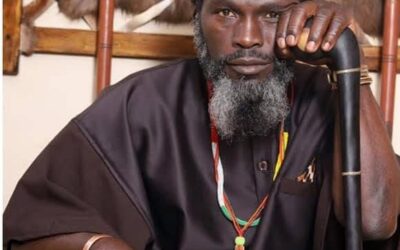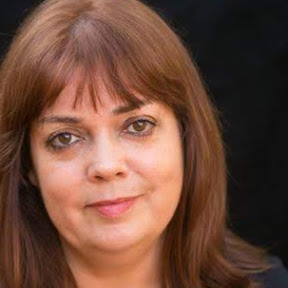By Isabel Lourenço
“God save Blacks from France,” writes Nigerian journalist Owei Lakemfa in a recent and unflinching account of France’s historical and ongoing violence in Africa (https://www.vanguardngr.com/2025/05/god-save-blacks-from-france-as-it-invests-in-violence-by-owei-lakemfa/) He details France’s bloody role in the slave trade, colonial massacres, nuclear testing on African soil, and economic stranglehold over former colonies. From Thiaroye to Sétif, from radioactive fallout in Algeria to financial looting via the CFA Franc, France has left a trail of destruction. And yet, today, in a moment of supposed “African sovereignty,” we are witnessing a shameful and silent complicity—not just from France, but from African states themselves, including those who shout loudest against neocolonialism.
In May 2025, France allocated €150 million through its Development Agency to fund infrastructure in occupied Western Sahara. This was not an act of “development,” but a deliberate reinforcement of Morocco’s illegal occupation. And who are the enthusiastic African partners in this project? None other than Burkina Faso, Mali, and Niger—three Sahelian countries that expelled French troops and now loudly proclaim their resistance to imperialism. Yet these same regimes are embracing Morocco and its so-called “Atlantic Initiative,” which offers them access to the sea via Dakhla—a city not in Morocco, but in occupied Western Sahara, a non-self-governing territory under international law.
Africa’s Colonial Enablers
While Traoré, Goïta, and Tiani wave anti-colonial flags, they sign deals that finance Morocco’s occupation, bolster its expansionist goals, and sabotage the Sahrawi people’s long struggle for self-determination. These are not acts of neutrality or pragmatism. They are acts of betrayal.
All three countries are members of the African Union, which recognizes the Sahrawi Arab Democratic Republic (SADR) as a full member. Their involvement with Moroccan projects on occupied territory directly violates the AU’s Constitutive Act, which affirms the sanctity of colonial borders, condemns military occupation, and upholds the right of all African peoples to independence.
And what exactly are they legitimizing?
An illegal occupation condemned by the International Court of Justice in 1975.
The construction of the longest active military wall on Earth—the 2,720 km Moroccan “Berm,” dividing Sahrawi families and territory.
The most mined territory per capita in the world, with landmines still killing civilians and animals.
War crimes: Morocco has bombed civilians with banned weapons such as napalm and white phosphorus.
Systematic human rights abuses: torture, disappearances, suppression of peaceful protest, and imprisonment of Sahrawi journalists and activists.
An Alliance with France’s Oldest Partner—and Israel’s Longtime Ally
To make matters worse, Morocco is not only France’s oldest ally in Africa—it is also a longstanding ally of Israel, a relationship that has now become more visible and institutionalized. Morocco’s normalization with Israel includes security, intelligence, and joint economic ventures in occupied Western Sahara, including oil and gas exploration in Sahrawi waters.
The so-called “Atlantic Initiative,” praised by Mali, Burkina Faso, and Niger as a triumph of South-South cooperation, is in reality a pipeline of neocolonial capital—French and Israeli investments profiting from Sahrawi land, without Sahrawi consent. The Sahel juntas are not breaking free from imperialism—they are merely replacing the French boot with the Moroccan slipper.
Pan-Africanism or Opportunism?
What does it mean to condemn colonialism while funding an ongoing occupation? How can one speak of sovereignty while partnering with states that occupy and plunder? There is no anti-colonialism that excludes the Sahrawis. There is no Pan-Africanism that accepts stolen land.
If Traoré, Goïta, and Tiani wish to be remembered as defenders of African freedom, they must start by refusing to enable colonialism themselves. Until then, their flags may change, but the empire remains—now rebuilt with African hands on Sahrawi soil.
Isabel Lourenço is a researcher and human rights activist specializing in Western Sahara. She has conducted extensive fieldwork documenting human rights violations in the occupied territories and works closely with international bodies to advocate for the Sahrawi people’s right to self-determination.








13 thoughts on “Against Colonialism? Only When Convenient France, the Sahel Junta Alliance, and the Betrayal of Western Sahara”